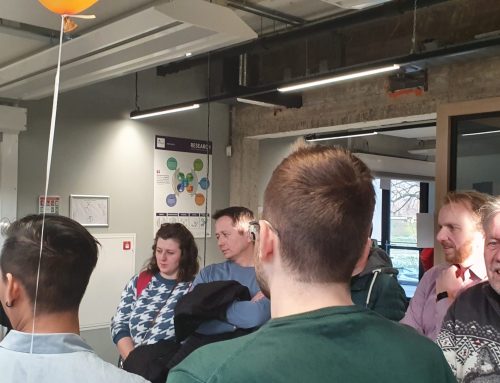There are various ways of addressing air pollution. The way countries or communities deal with it shows also the degree of ethical development of the protection of human rights, democracy and respect for the environment.
1. The apathetic approach: Certain middle east countries and many cities around the world are known to have no policy at all for air quality. Those are typically countries and cities where the value of human lives is not considered.
2. The reactive approach: One can accept pollution as a political and economic consequence and try to deal with it re-actively by introducing cleaning up technology and policy. China is known for its high pollution and introduces now a building that sucks up bad air.
In the Netherlands we joke cynically that modern air quality norms for high volume pig breeding farms are so sterile that positioning such industry in the city center would clean the environment as a consequence. The same goes for car drivers that tend to breath cleaner air inside their vehicles then the people outside having to deal with their exhaust, due to the air filtering techniques applied in cars.
3. The proactive approach: The AiREAS way is a citizen’s initiative to address health and air quality as a permanent innovative impulse to achieve optimum living space for human beings. For us the reactive approach is unacceptable as we place quality of life and the sustainable human progress above economic and political interests.
Ethical evolution:
The above demonstrates three levels of ethical responsibilities. There is an historical tendency to go from apathy to the reactive approach and finally adopt the proactive mentality. The steps have extreme consequences for the type of leadership and citizen’s involvement in the countries. Addressing air quality and human health hence becomes an indicator of modernization, ethical evolution and human rights of a region.




Leave A Comment